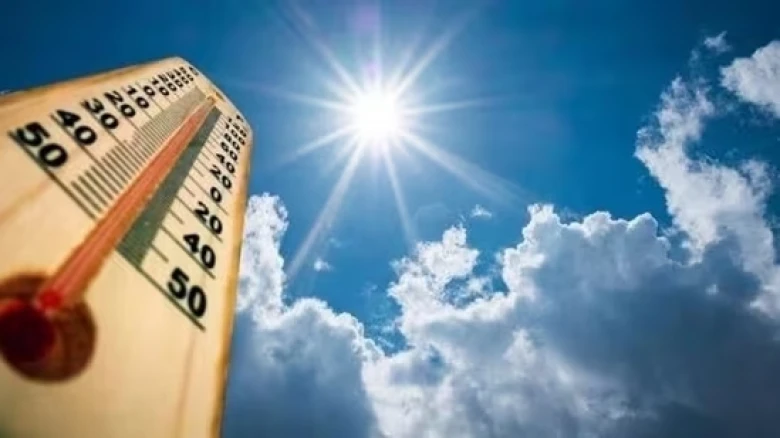National

The report reveals a troubling trend of increasing heat-related deaths, with 86 extremely hot days recorded globally between...
Digital Desk: As northern India, including Delhi, approaches mid-November, the anticipated arrival of winter seems delayed, raising concerns about the changing climate. The persistent warmth is linked to the global rise in average temperatures, a phenomenon extensively explored in a recent report published by the British journal Lancet.
The Lancet report, citing alarming statistics, declares 2023 as the hottest year on record. It reveals a troubling trend of increasing heat-related deaths, with 86 extremely hot days recorded globally between 2018 and 2022. The primary contributor to rising temperatures, as highlighted in the report, is unequivocally human activity.
Among the distressing findings is an 85% surge in heat-related deaths among adults over 65. The dependence on air conditioners, a coping mechanism for many facing extreme temperatures, soared to one-third of the world's population in 2021. However, the energy consumption for cooling alone equaled the combined electricity usage of Brazil and India.
The Lancet report warns that the lethality of heat is escalating, with the average annual temperature rising at a rate of 1.14 degrees Celsius. Should this trend persist, our ability to work could be halved by 2050, with a projected 370-fold increase in heat-related deaths by that time, resulting in a 50% labor loss.
Furthermore, the report predicts a 37% rise in illnesses such as dengue, citing a 37% increase in dengue cases in developing nations over the past decade. The risk of contracting the disease has surged by 43% in just four years. Mosquito-borne infectious diseases are poised to claim more lives if temperatures remain uncontrolled.
The Lancet report also issues a stark pollution warning. Despite a decrease in coal consumption, toxic air continues to engulf communities, with 1337 tonnes of carbon dioxide dissolving into the atmosphere every minute. Car emissions, particularly PM 2.5, remain a significant health hazard, causing an estimated 460,000 deaths annually. Transitioning vehicles to renewable energy sources could prevent this alarming toll.
Delhi NCR, grappling with rising PM 2.5 levels, faces challenges from smog, construction, and automobile emissions. Despite global reductions in poor fuel use, Delhi NCR retains its notorious status as the world's most polluted location, emphasizing the urgent need for effective air quality management.
The report acknowledges progress in reducing PM 2.5 emissions from coal, which accounted for 1.4 million deaths in 2005 but decreased to 1.2 million in 2020. However, it underscores that the battle against pollution is far from won, especially in regions like Delhi NCR, where factors like vehicle emissions and construction hinder rapid improvement.
A critical aspect highlighted in the report is the global energy landscape, with only 2% of electricity in developing nations originating from solar or wind power. In contrast, wealthy nations generate 11% of electricity from renewable sources. The report underscores the urgent need for a transition to cleaner energy to mitigate the impact of electricity production on rising temperatures.
Finally, the Lancet report draws attention to the broader consequences of climate change, from malnutrition-related deaths to financial losses due to extreme weather events. The world witnessed a staggering loss of $264 billion in 2022 alone due to events like excessive rain, drought, fire, and floods. The toll from heat-related events alone reached an estimated $863 billion.
As the Lancet report paints a grim picture of the current state of our climate, it underscores the urgency for global cooperation and decisive action to address the root causes of rising temperatures and their devastating consequences. The findings serve as a call to action for individuals, communities, and nations to prioritize sustainability and climate resilience in their policies and practices.
Leave A Comment